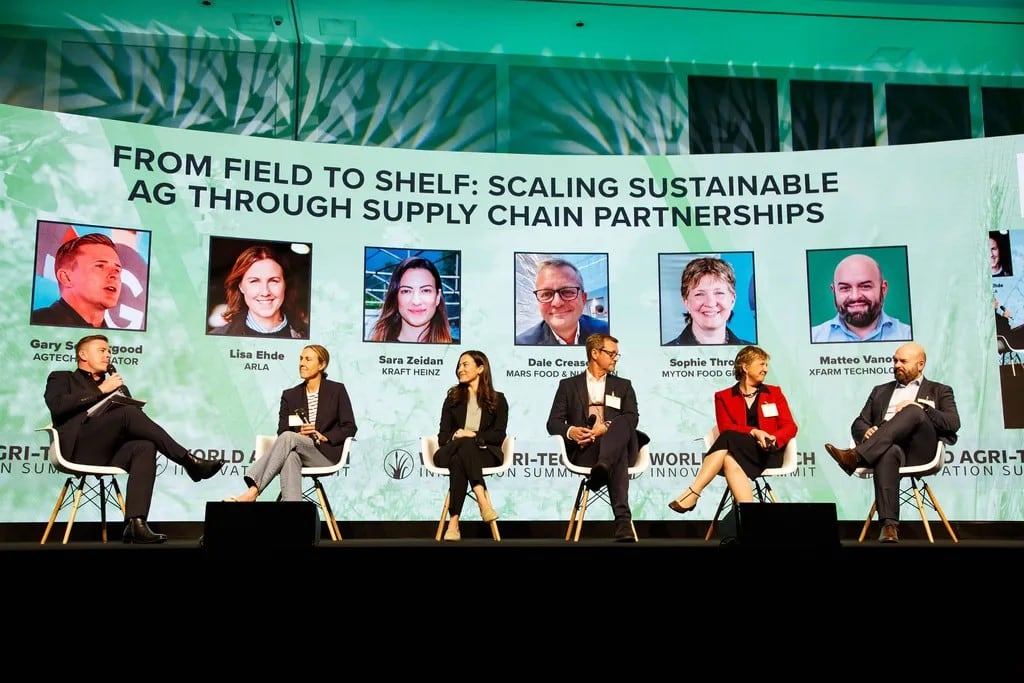
Engaging ‘brave’ farmers with data key to adoption of new sustainable practices – Mars
Mars Food & Nutrition says the key to overcoming the hurdle of farmer adoption hinges on leveraging data to win over early adopters.

Mars Food & Nutrition says the key to overcoming the hurdle of farmer adoption hinges on leveraging data to win over early adopters.
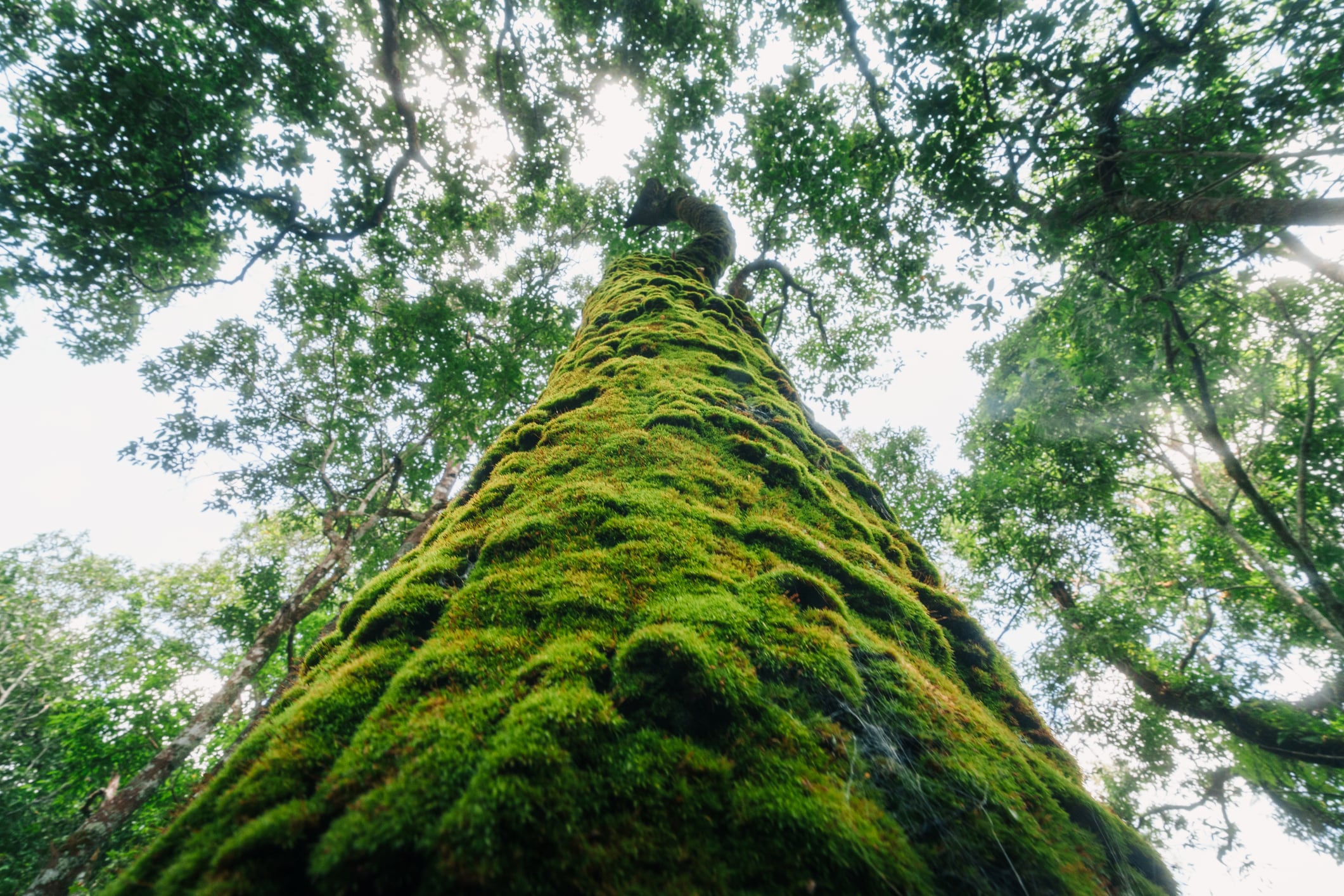
Corporates are showing greater interest in carbon offsetting to tackle climate change and supply chain risks as shifting government policies fall short, claims the co-founder of Mitti Labs.
A new methane busting initiative has been launched this week to help farmers in Latin America and Africa monitor pasture availability and determine optimal grazing time
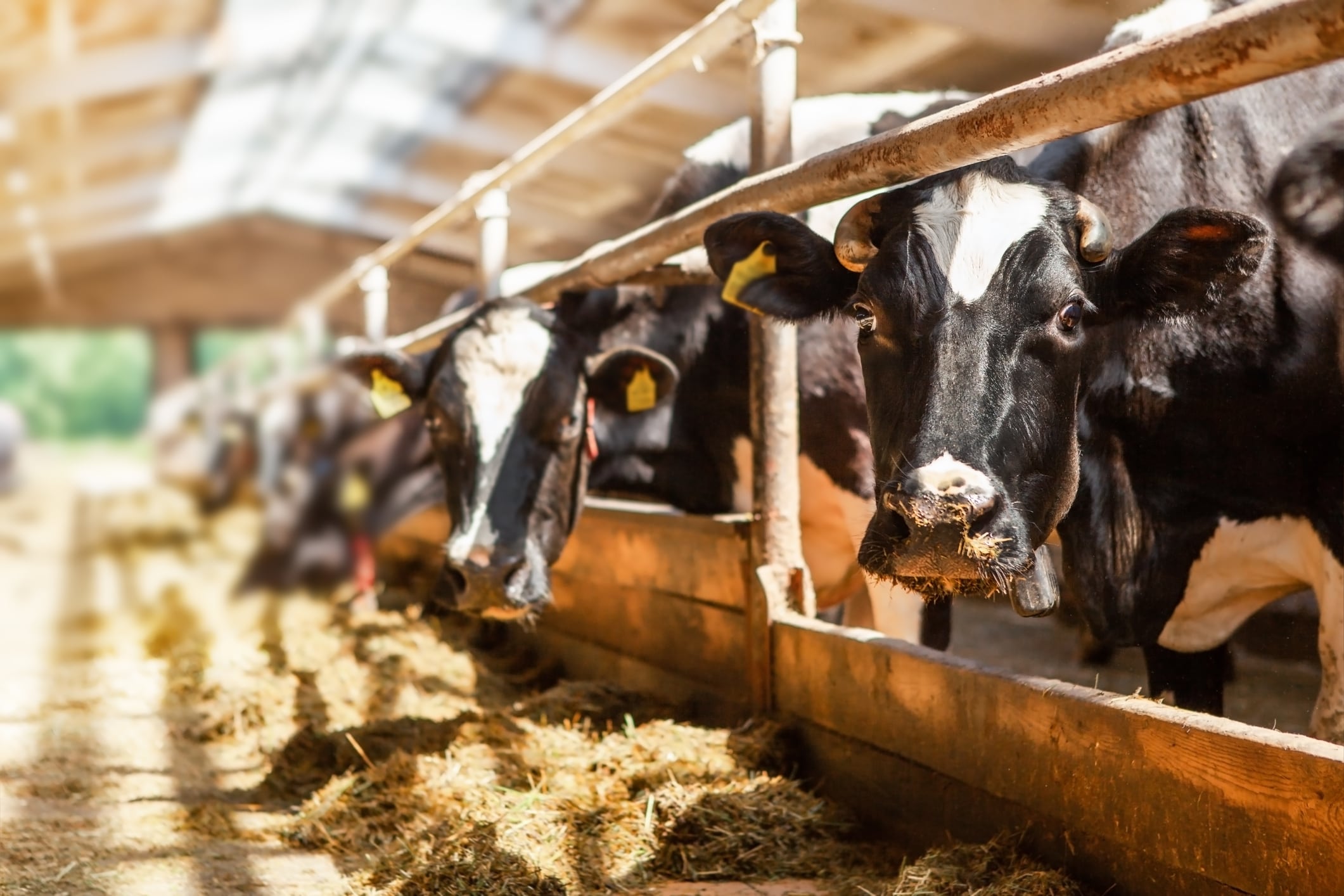
Proven to destroy up to 90% of dilute methane, Ambient Carbon’s tech could supercharge dairy companies’ climate goals, slash scope 3 emissions
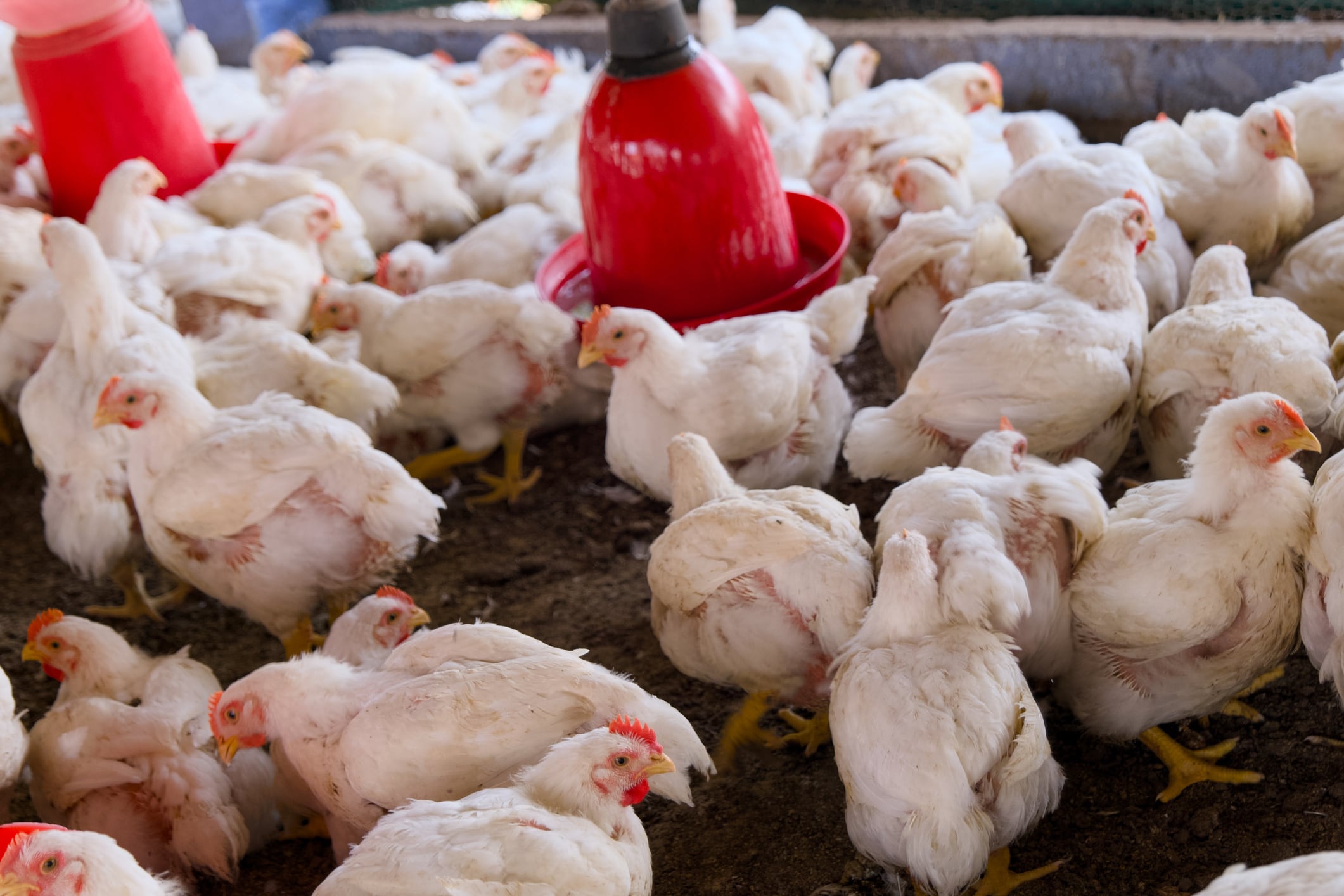
Major grocers actively investing in farm-level innovation

Weetabix Food Company has recorded a 50% reduction in on-farm wheat emissions among farmers who participated in a sustainable agriculture trial in the UK
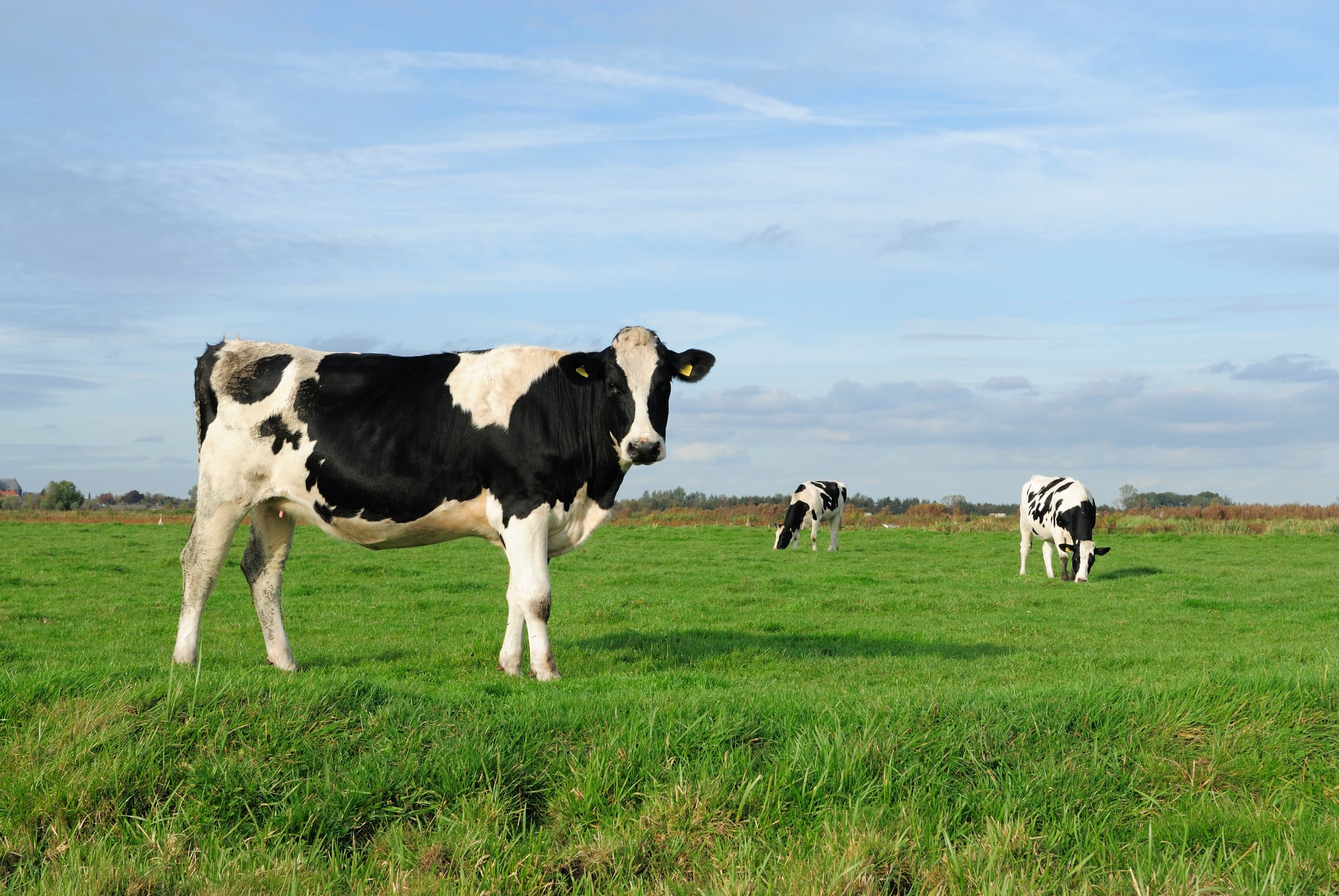
AgriZeroNZ has invested in two methane-reducing startups as part of its push to help New Zealand farmers meet Scope 3 emissions targets and hit its goal of cutting emissions 30% by 2030
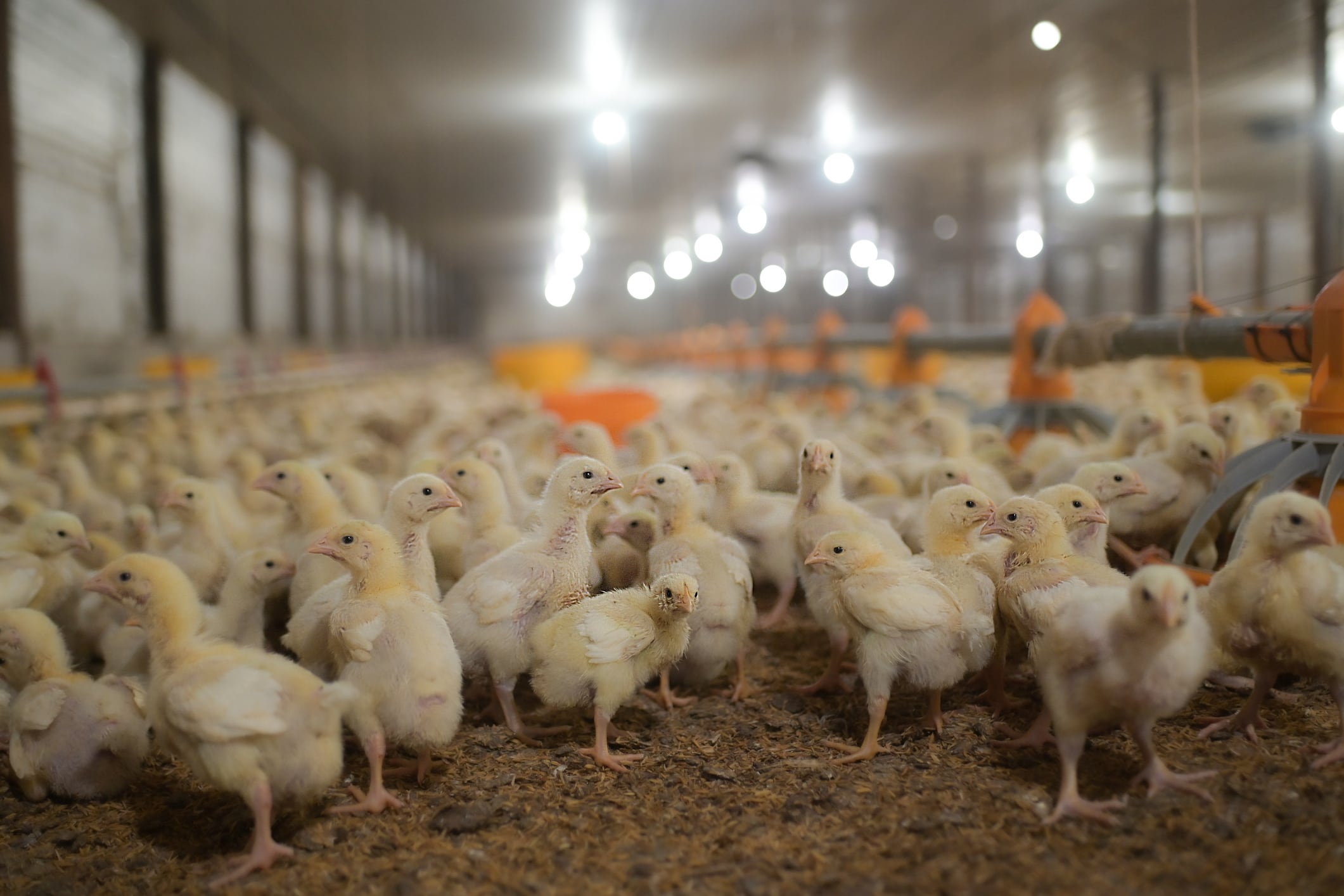
Company looks to neutralize key toxins produced by C. perfringens
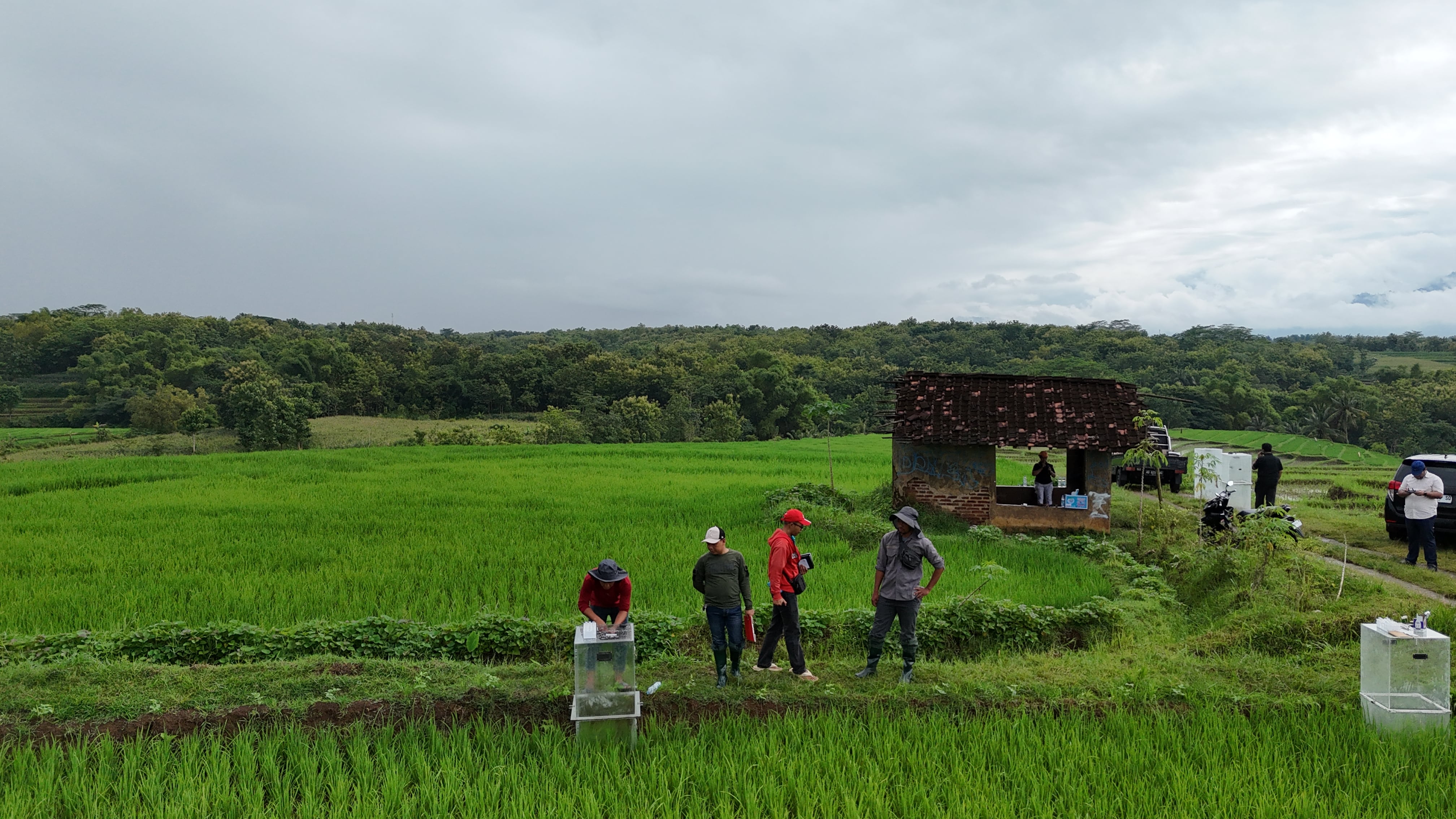
The Decarbonising Rice project is aiming to produce 50,000 tonnes of low-emission rice by 2029 as it moves to trial solutions in India, Laos, and Cambodia.

‘Investors are becoming more discerning, not less committed’

The co-founder of rice decarbonisation firm Mitti Labs explains why consumer awareness could be even more important than corporate stakeholder engagement in making the sector more sustainable.
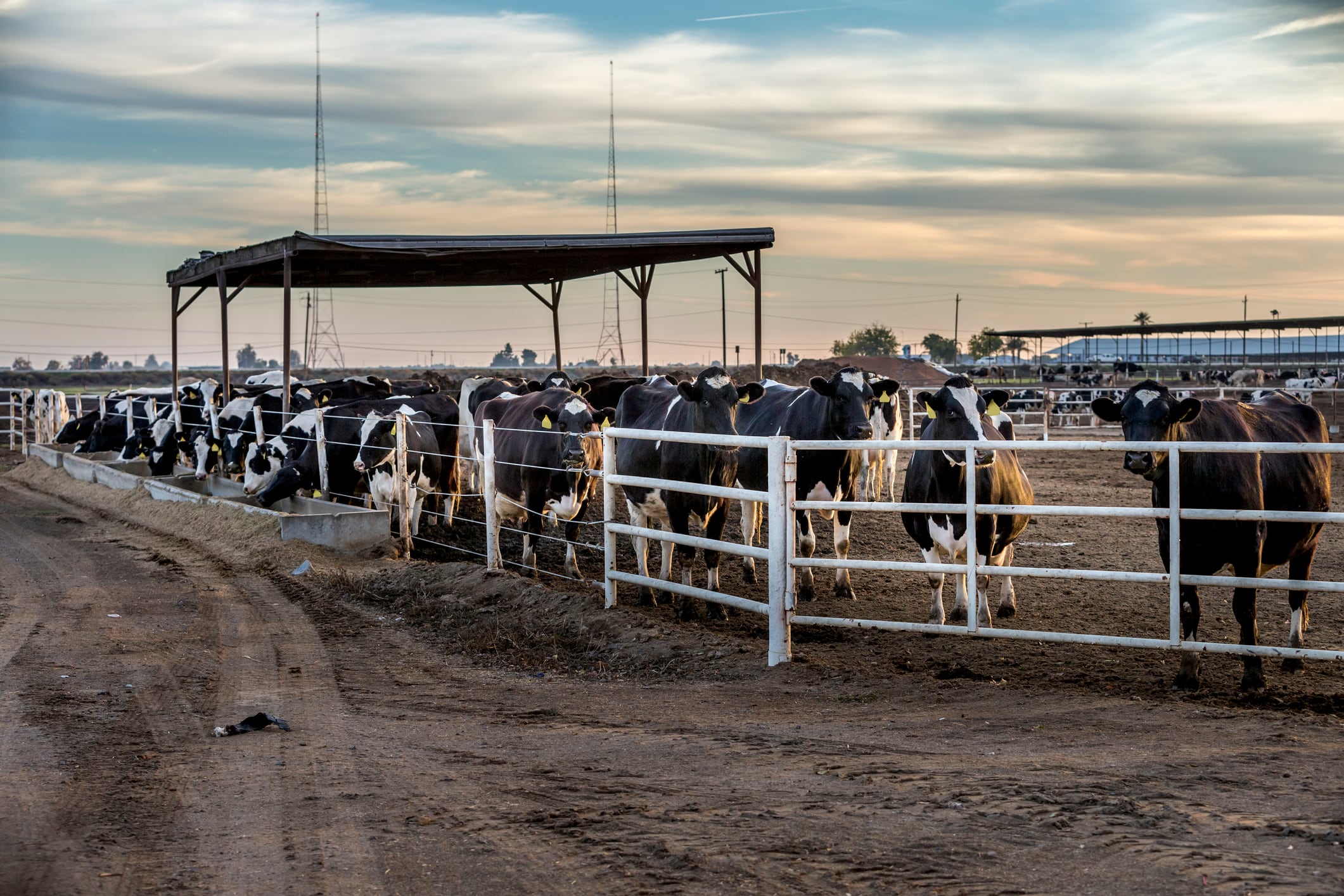
Methane busting startup closed $15m Series A round late last month
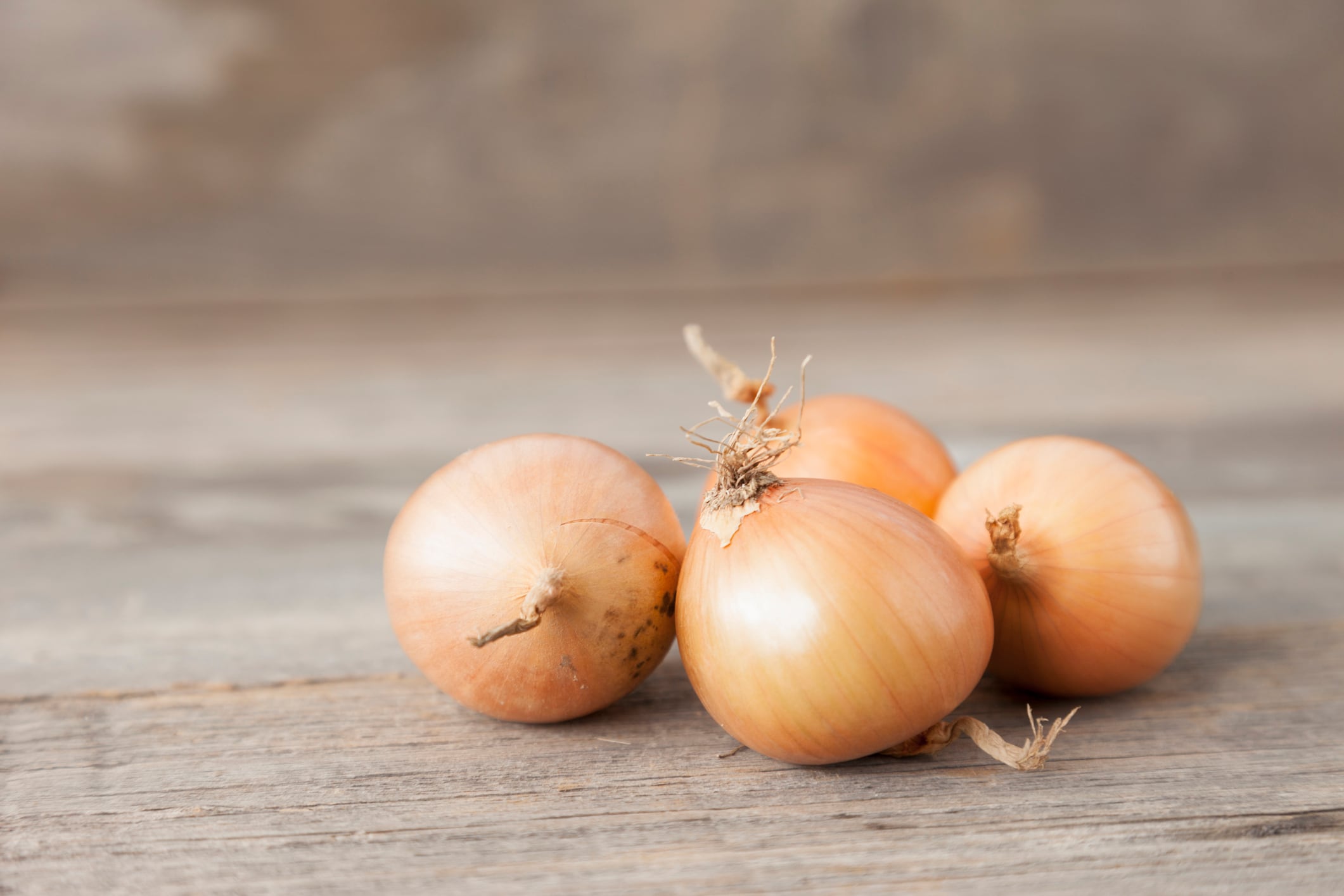
A new study suggests that onion peel could become a powerful tool for the dairy industry to cut greenhouse gas (GHG) emissions and improve feed efficiency.

C-Lock is eyeing smarter sensors to track heat stress, ketones, and feed intake in cows.
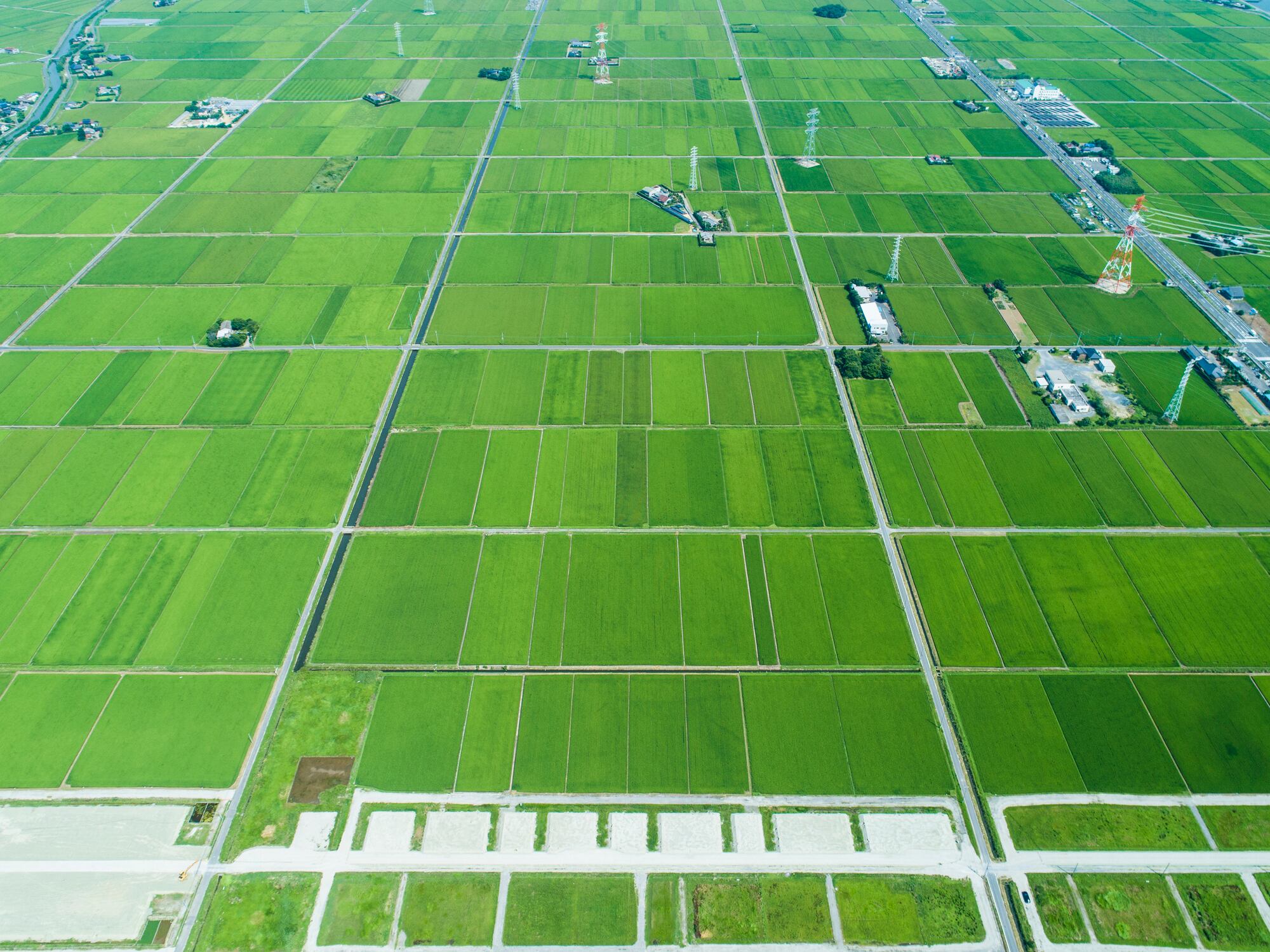
A recent study by researchers in the US and Philippines suggests hybrid rice could play a significant role in reducing greenhouse gas (GHG) emissions while maintaining high yields.
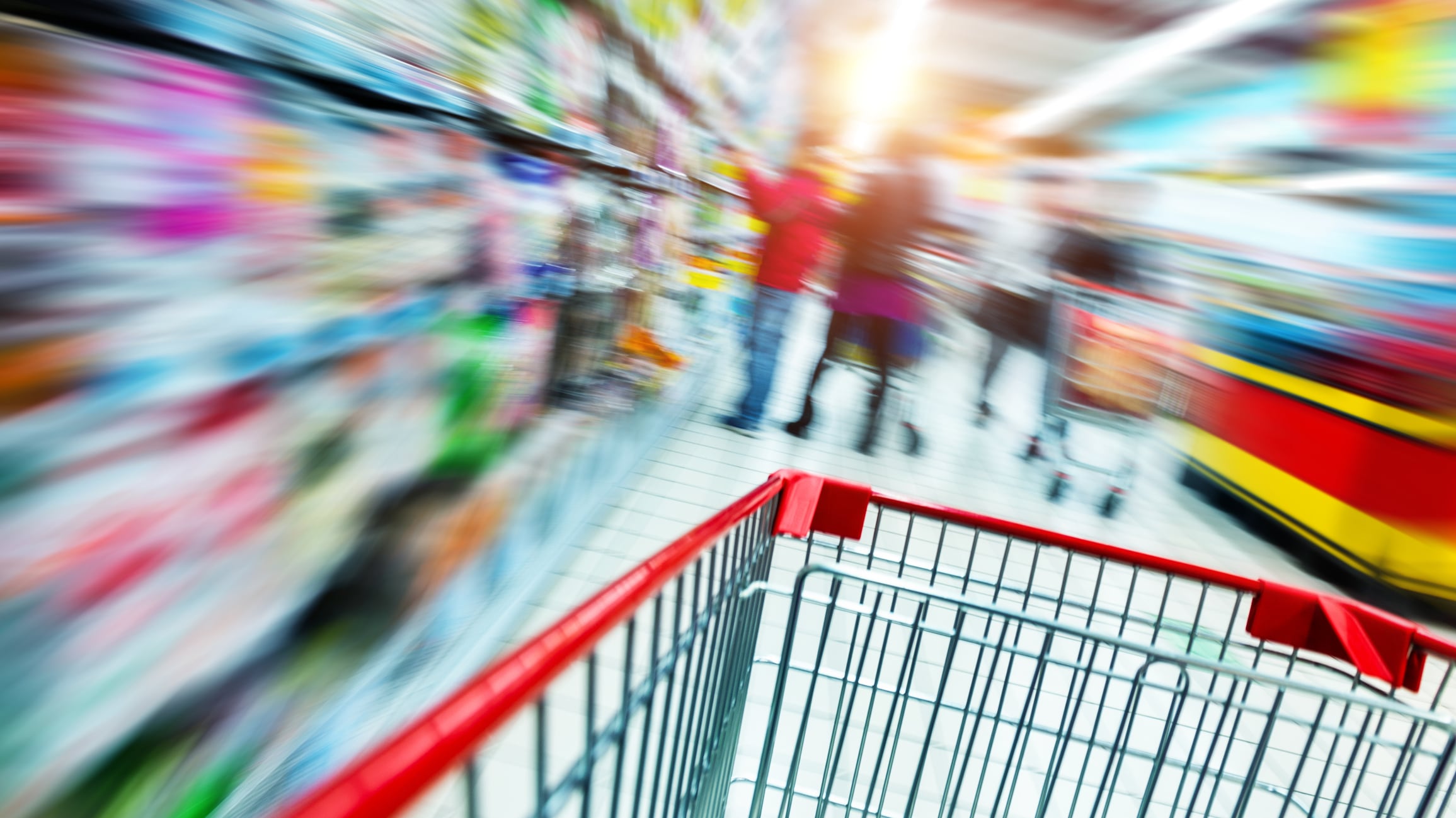
Call for government support to make dairy farming more sustainable

New tie-up unveiled at EuroTier 2024
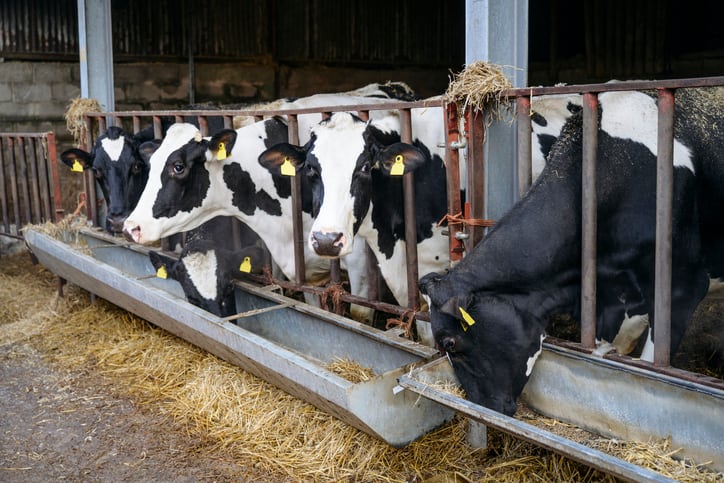
Tesco, and milk suppliers Arla and Müller UK & Ireland, are working in unison to drive down emissions and elevate animal welfare standards across the dairy sector.
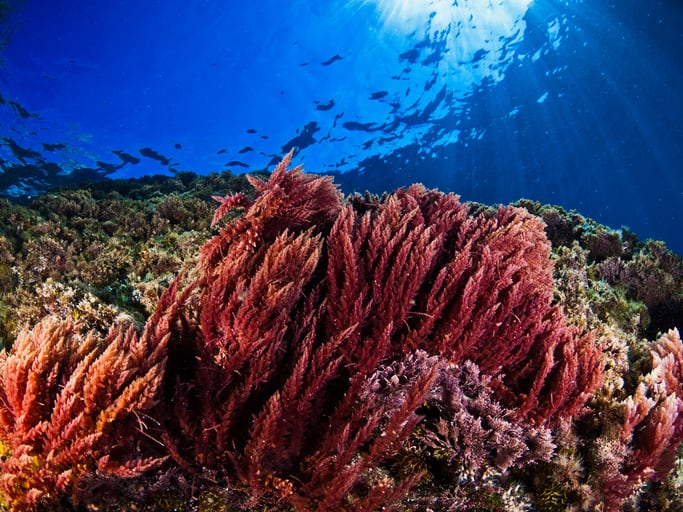
A new study reveals that using whole Asparagopsis armata seaweed might be more effective than relying on the compound bromoform alone to reduce methane emissions from livestock.
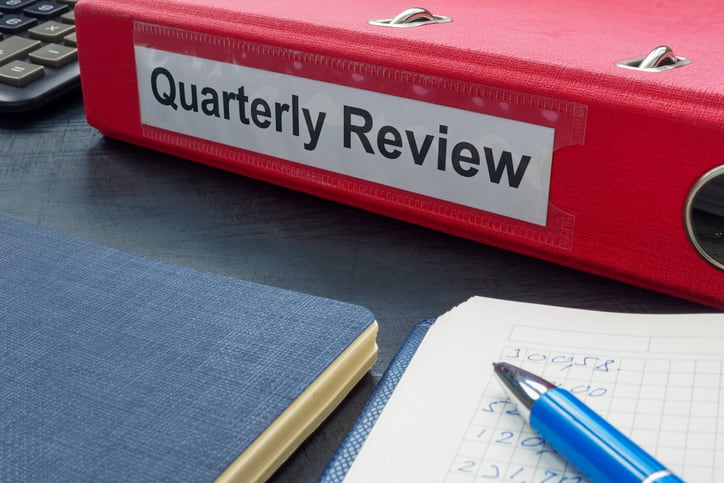
DSM-Firmenich’s Q3 trading update reveals it is making strides in reshaping its portfolio, including the planned carve-out of the animal nutrition and health (ANH) business and a restructuring of its vitamin operations.
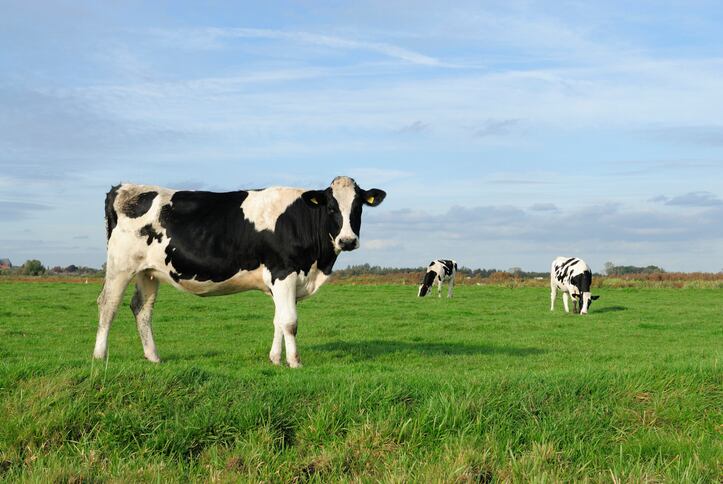
At the Animal Agtech Innovation Summit in Amsterdam earlier this month, an expert panel explored strategies for reducing methane emissions, focusing on how industry collaboration can amplify environmental impact.
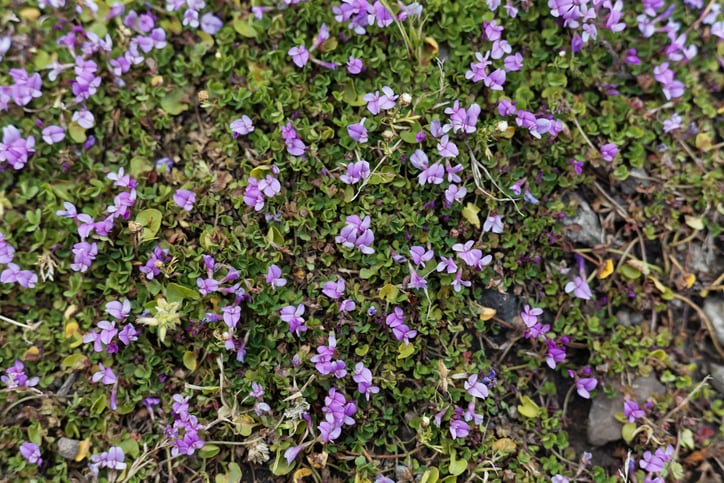
Ethiopian and Swedish researchers find locally sourced plants in Ethiopia offer significant potential to reduce methane emissions, paving the way for greener livestock farming.
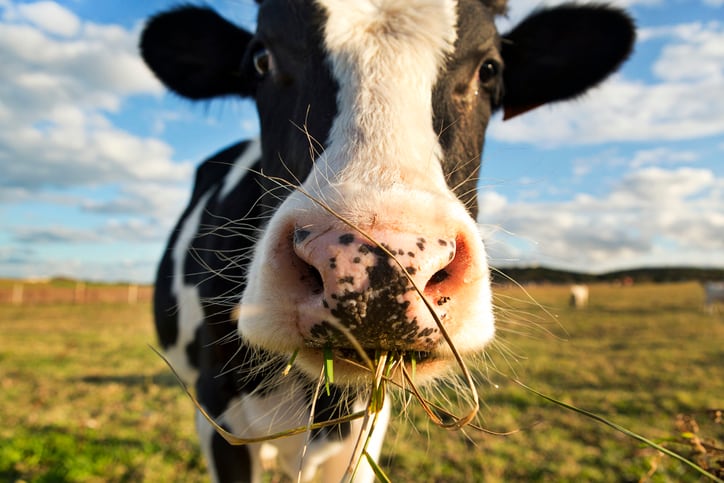
PhageLab has won The Yield Lab’s Global Dairy Sustainability Challenge.
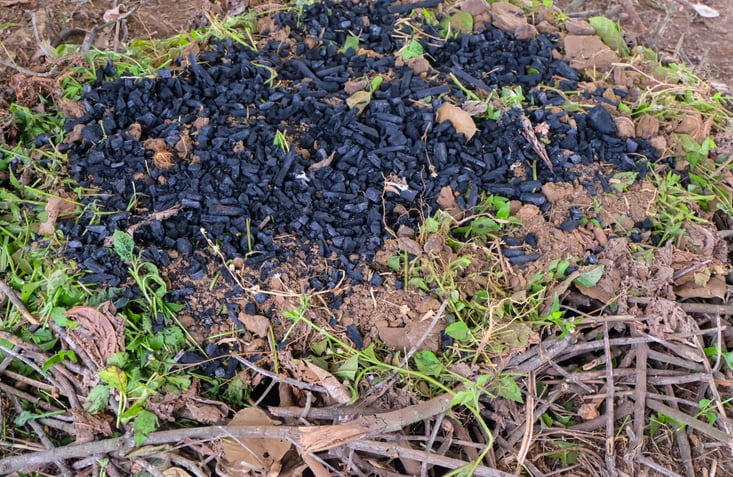
A recent Swiss study has found that biochar (BC), a substance gaining popularity in agriculture for carbon storage and soil improvement, does not effectively reduce methane emissions.
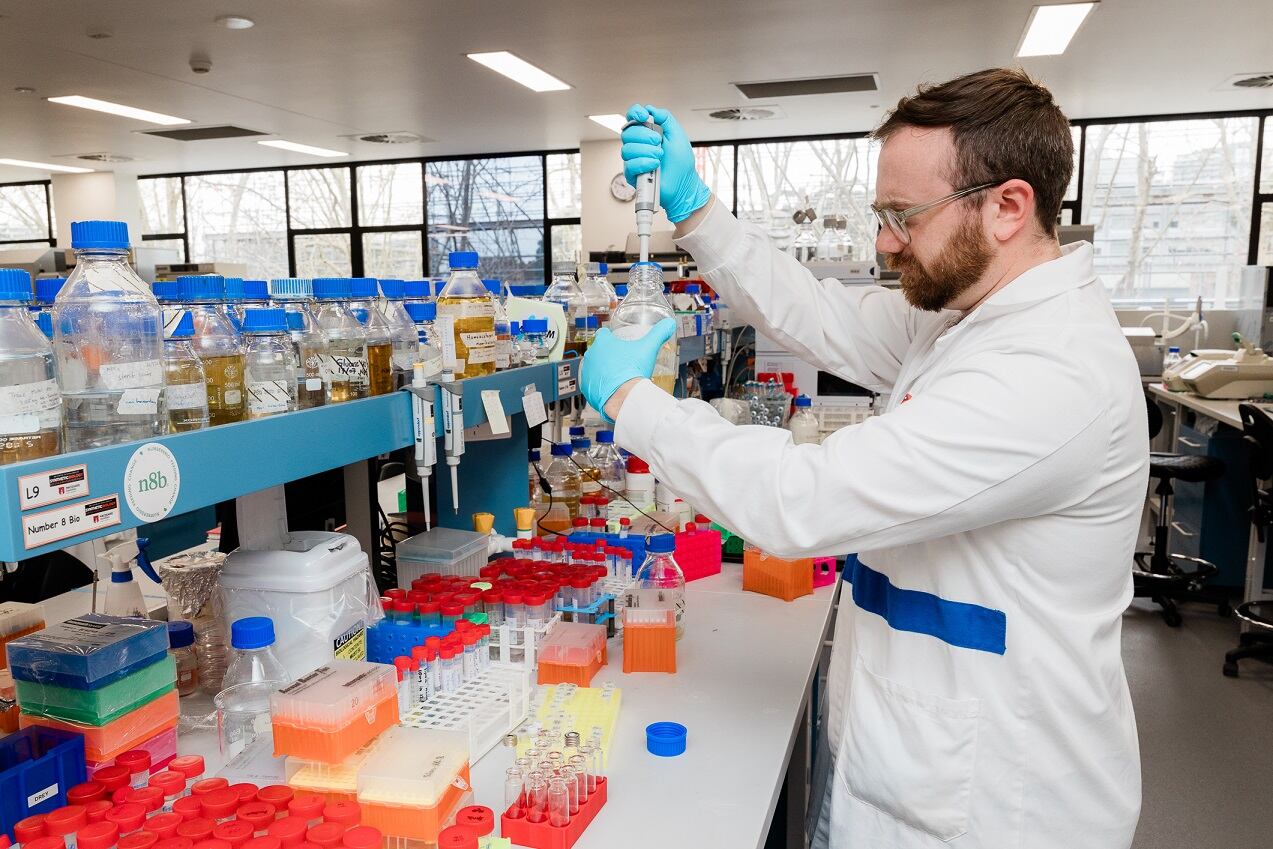
Number 8 Bio, a Sydney-based scientist-led startup, has raised AUS $7m (US$4.64m) in its recent seed round to advance its work on scalable and affordable enteric methane mitigation feed additives for cattle.

dsm-firmenich has received regulatory approval in South Korea for the use of its methane-reducing feed additive, Bovaer, in beef cattle.
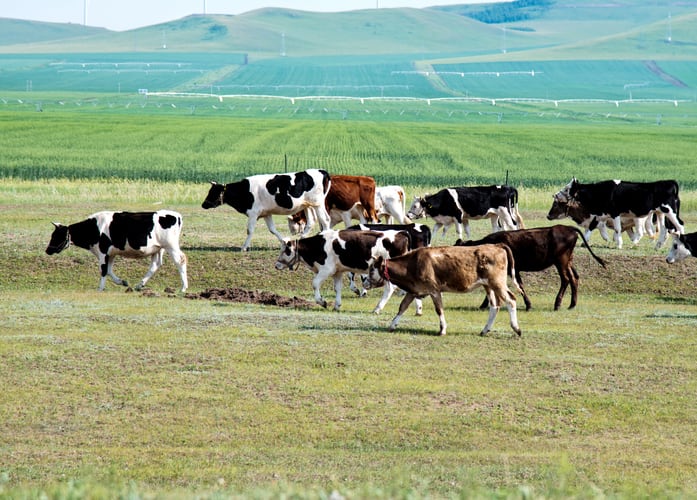
Preparations are underway for dsm-firmenich to enter the Chinese dairy market with its methane emissions reducing feed additive.
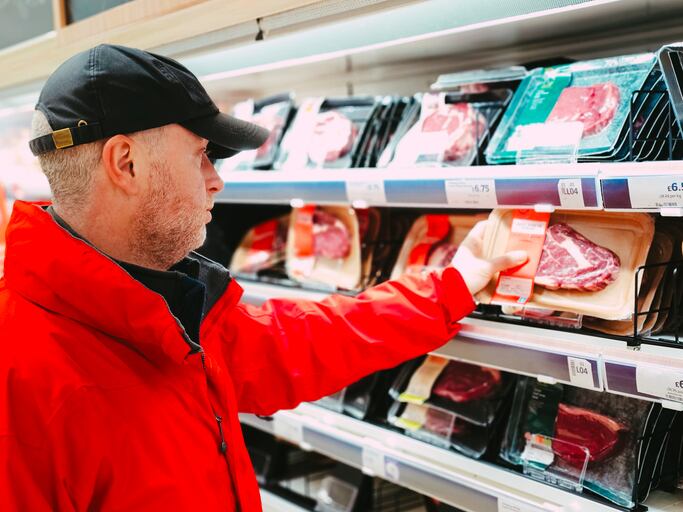
Australia’s Sea Forest is working with Myton Food Group, the manufacturing arm of UK retailer, Morrisons, to get its seaweed derived methane abating livestock feed ingredient supplied to beef cows.
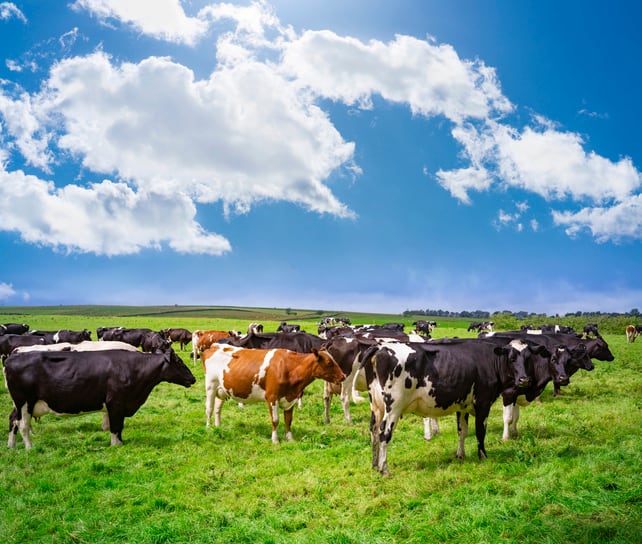
Join our online event next week as we discuss how the focus on methane emissions reduction in the US has intensified recently, highlighted by the FDA's approval of Bovaer, pending legislation, and an increasing number of federal grants.
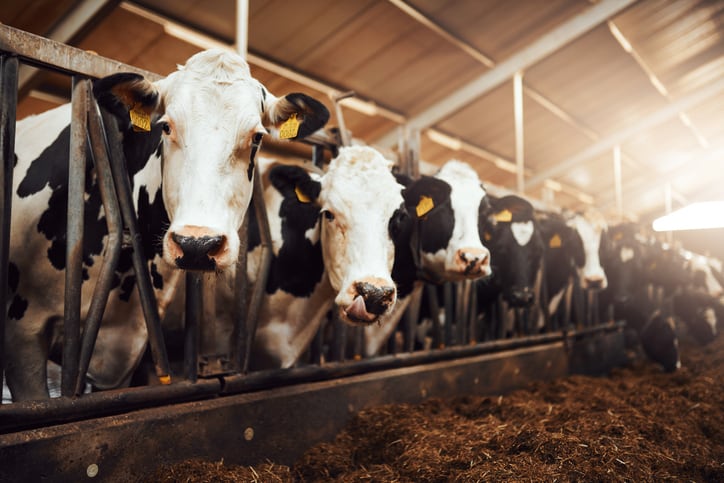
FrieslandCampina, a dairy cooperative owned by owned by Dutch, Belgian, and German dairy farmers, notes the considerable progress its members made in meeting environmental goals in 2023.
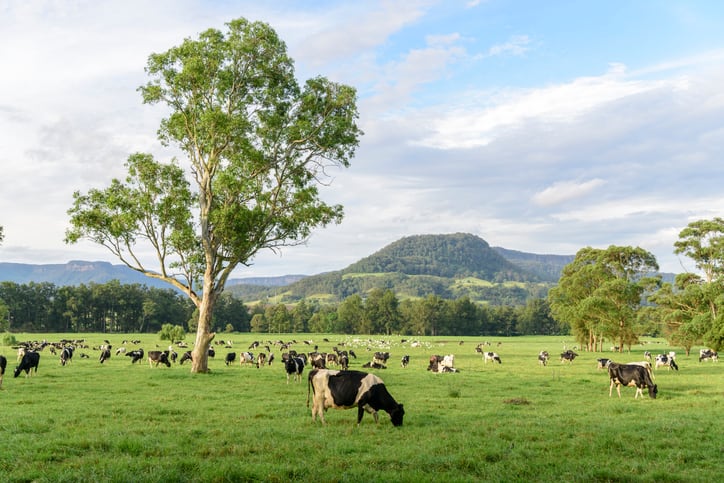
Australian researchers have shown that both liquid and pelleted forms of the red seaweed Asparagopsis significantly reduce methane emissions in dairy cows, without affecting milk safety.
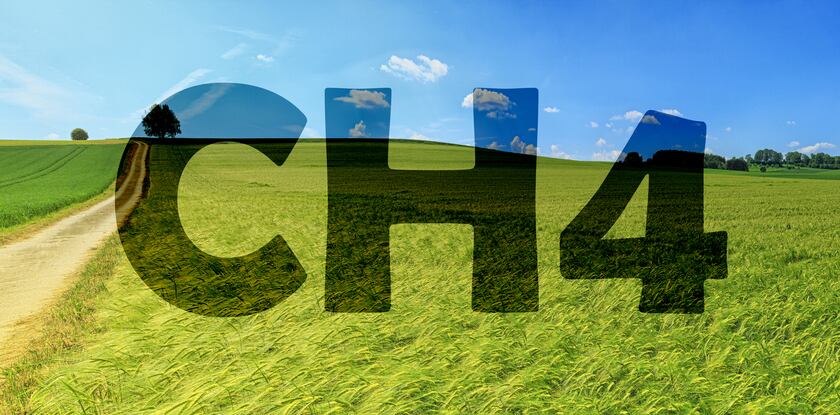
Volta Greentech has announced a pivotal shift with its new second-generation Lome feed additive, claiming it can reduce the cost of greenhouse gas (GHG) reductions by a factor of ten.
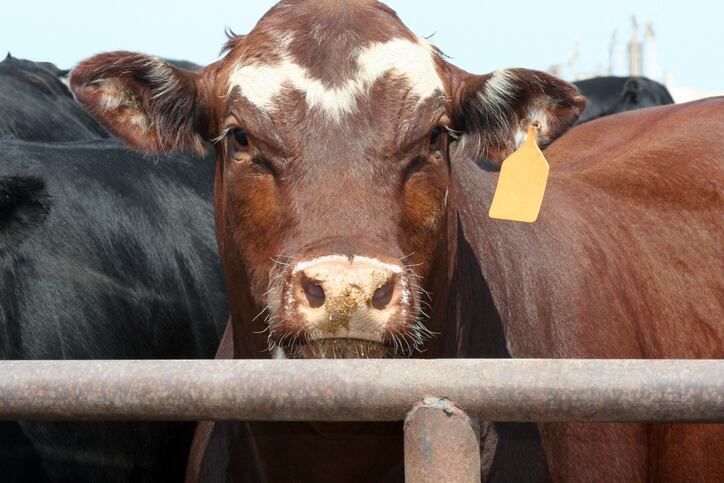
Symbrosia, a Hawaiian cleantech startup utilizing seaweed to decrease methane emissions from livestock, has partnered with Iowa based Cattlemen’s Heritage Beef Company (CHBC) on a new initiative.

In 2023, the startup ecosystem faced persistent challenges due to economic uncertainties, anticipated interest rate increases, and the lingering effects of previous bank failures, as reported by EY.
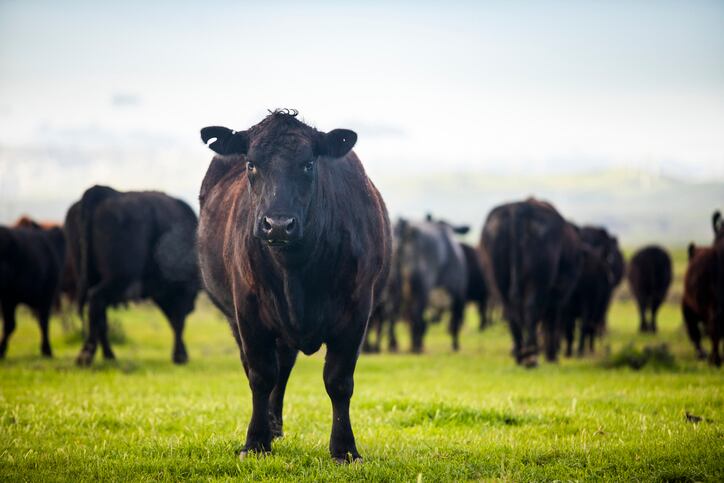
Mootral says its new platform for reducing methane emissions is scalable and cost-effective; it can be delivered to both housed and grazing cattle.

AnimalAgTech Innovation Summit Methane Emissions Panel Review
The race is on to reduce methane emissions from cows. Methane production may be mitigated to varying degrees in cattle by breeding strategies, by vaccines, or by various dietary interventions.
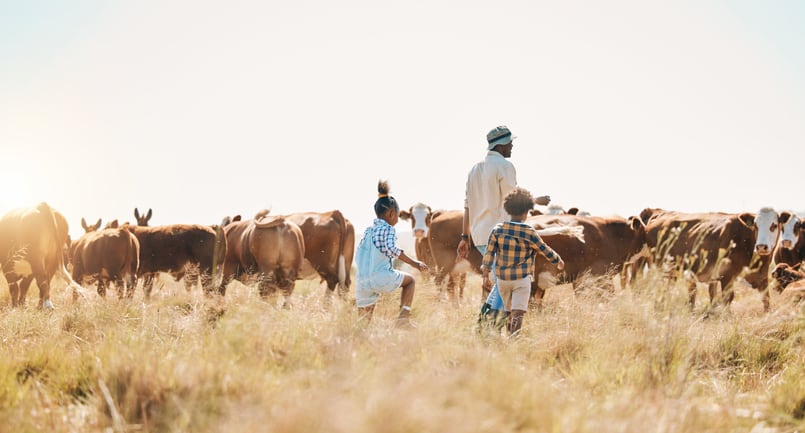
How challenging is it to reduce methane emissions from cattle while enhancing their production efficiency simultaneously?

The acquisition of phytogenic producer, Delacon, by Cargill in June 2022 has enlarged the scope and pace of innovation within the US company’s feed additive business, enabling synergistic new product development, says an executive.
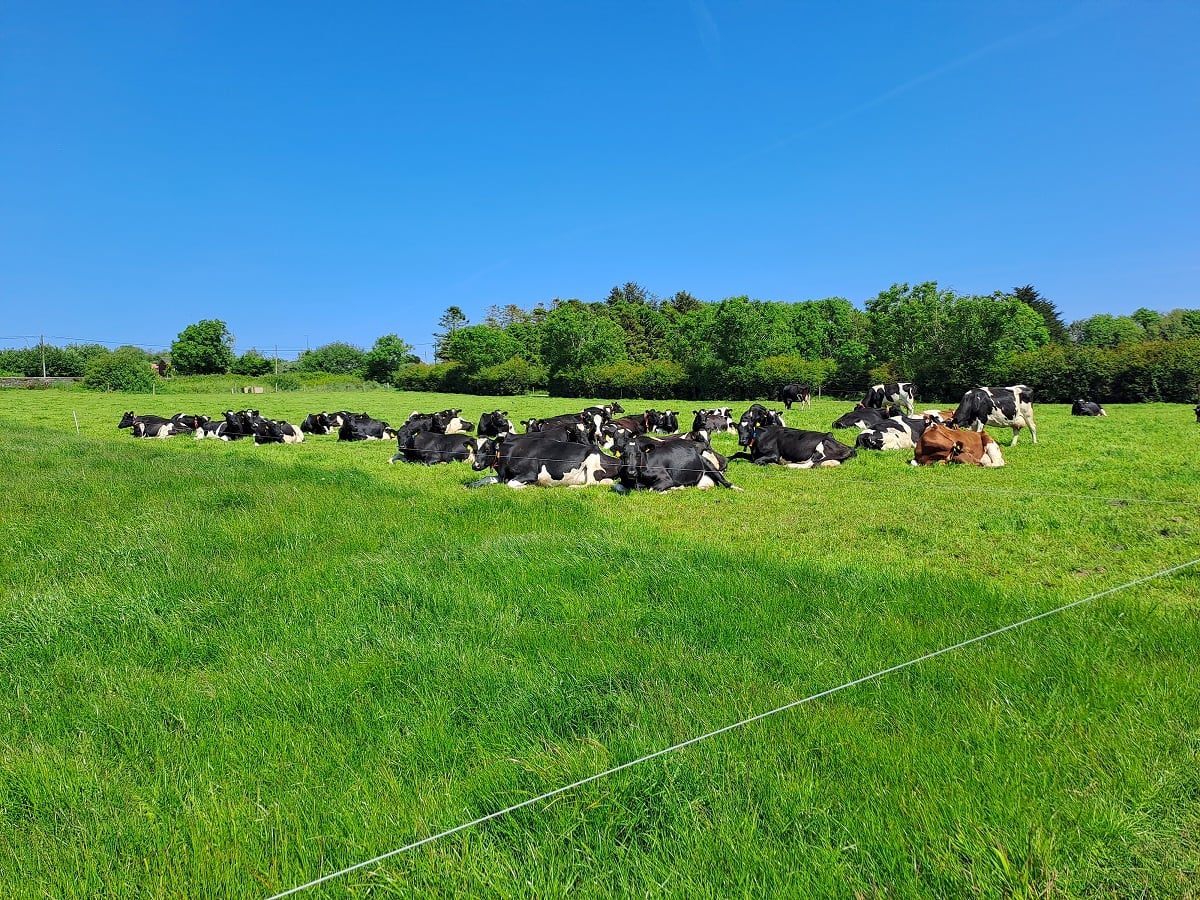
Ireland has committed to a 25% cut in greenhouse gas (GHG) emissions from agriculture by 2030, relative to 2018 levels. Developing ways to reduce methane emissions will be crucial to meet that target.
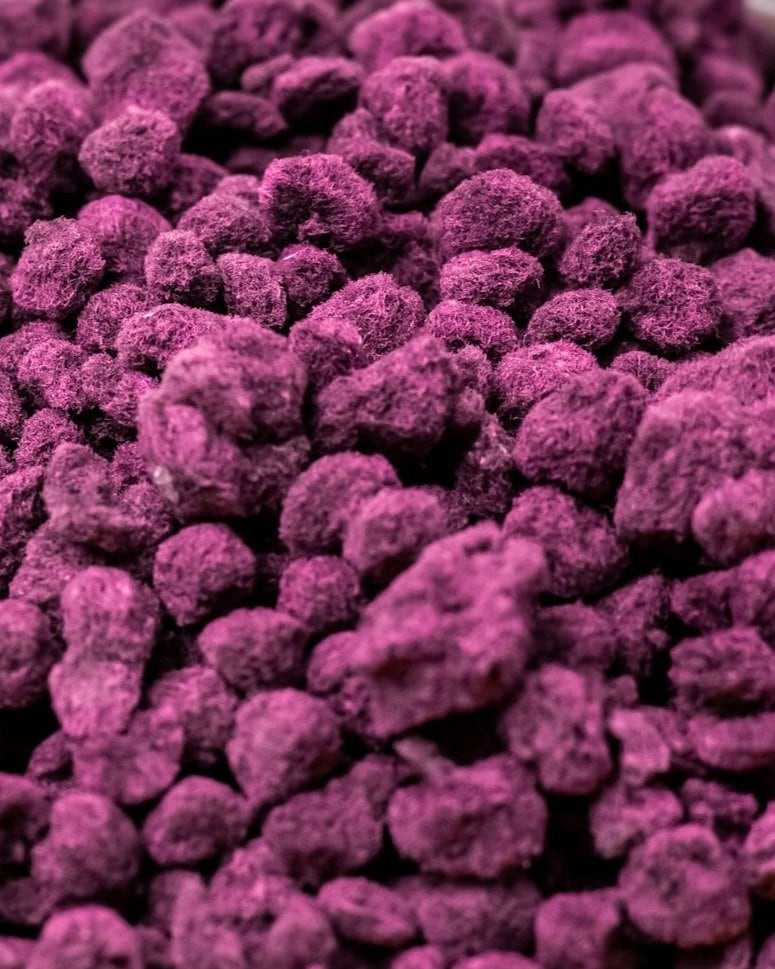
Symbrosia, a Hawaiʻi-based startup that uses a seaweed-based feed additive to reduce livestock methane emissions, has started a pilot with Organic Valley, an independent cooperative of organic farmers based in La Farge, Wisconsin.
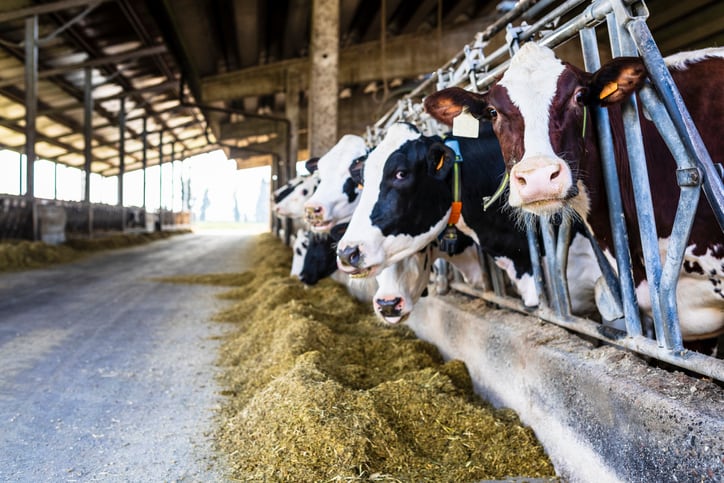
dsm-firmenich says its feed supplement, Bovaer, achieved significant reductions in methane emissions in two trials in Italy, the first ever evaluation of the additive in that market.
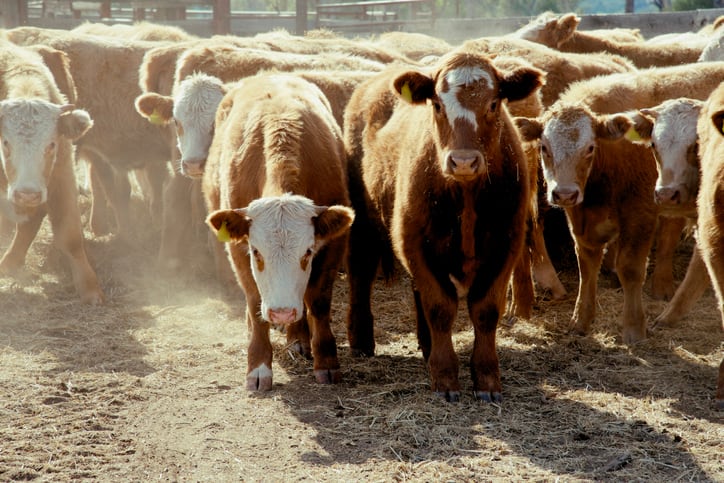
The workings of Kangaroo gut bacteria was the inspiration for the establishment of the Australian startup, ProAgni, which is advancing probiotics to provide multiple benefits for cattle farming.
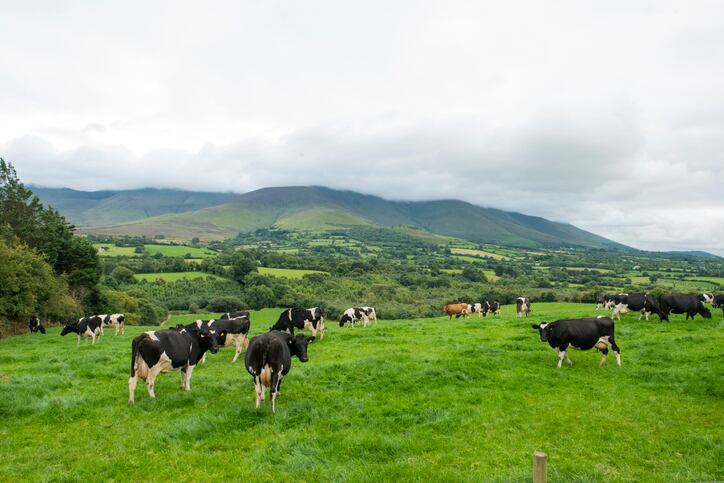
The Irish government needs to urgently consider opportunities for the roll out of feed additives that reduce methane emissions from cattle, according to a report from Ireland’s Climate Change Advisory Council.
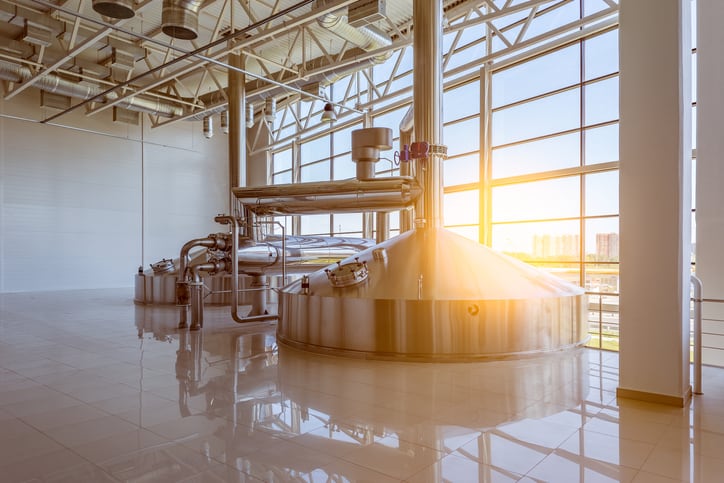
Australian startup, Number 8 Bio, a company engineering microbes to eliminate agricultural methane emissions, doesn’t want to wait a decade for a solution to scale.
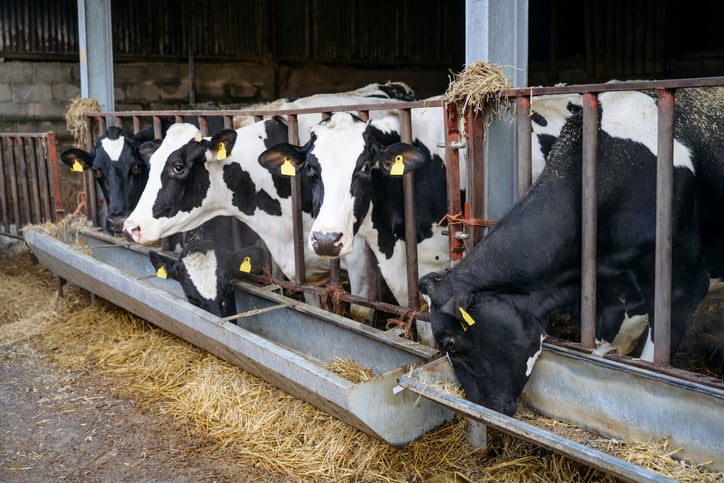
Scientists from Scotland's Rural College (SRUC) have successfully extracted a chemical from daffodils called haemanthamine.
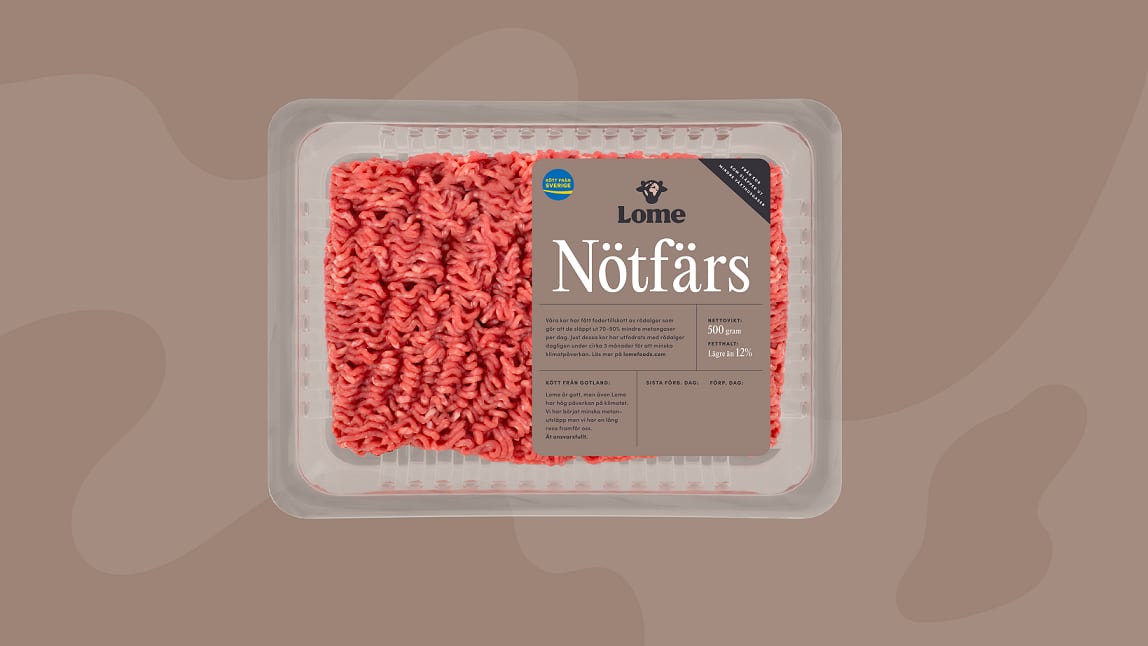
Methane emissions reduction focused biotech, Volta Greentech, and food company, Protos, are teaming up again to release climate-friendly beef in Sweden.
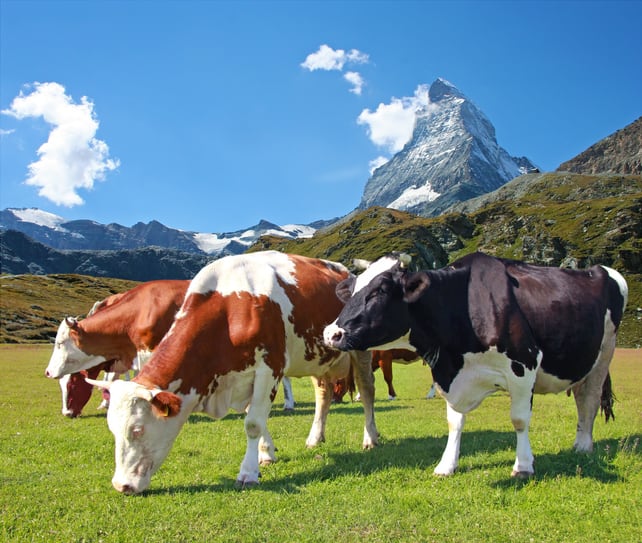
Nestlé has come under fire in a new publication that claims, overall, it is failing to tackle methane emissions in its supply chain..
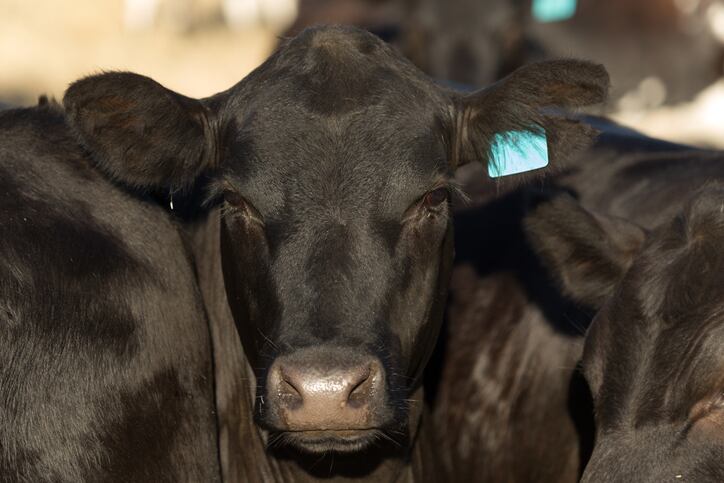
CH4 Global is scaling its Asparagospsis feed supplement to help reduce methane emissions from cow burps.
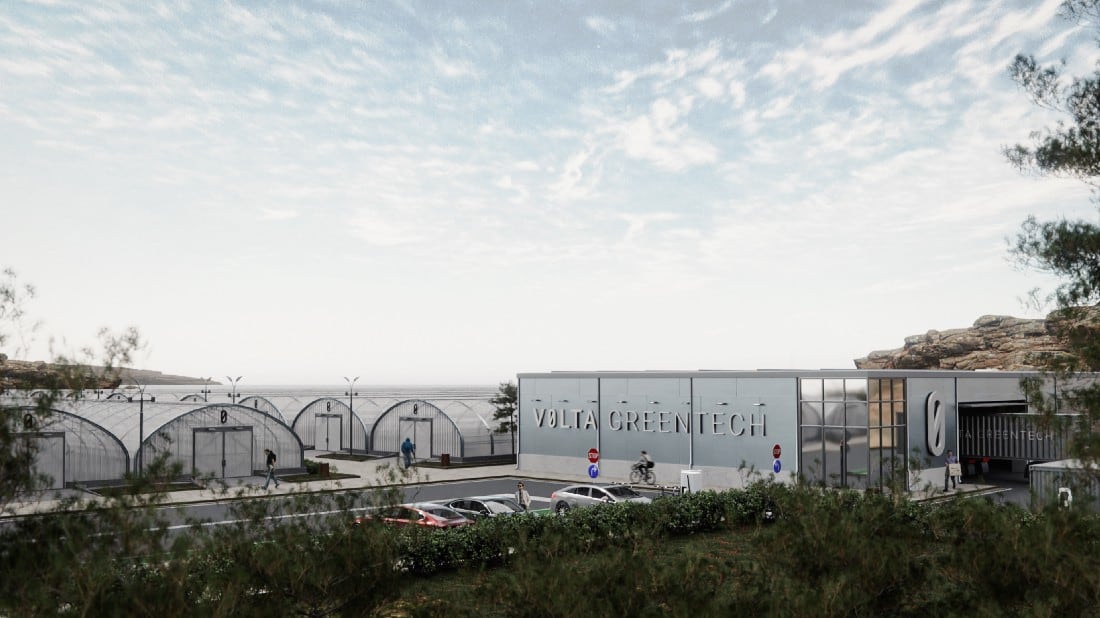
Three Swedish food companies are joining forces and investing to accelerate the scale up Volta Greentech’s methane emissions reduction technology.
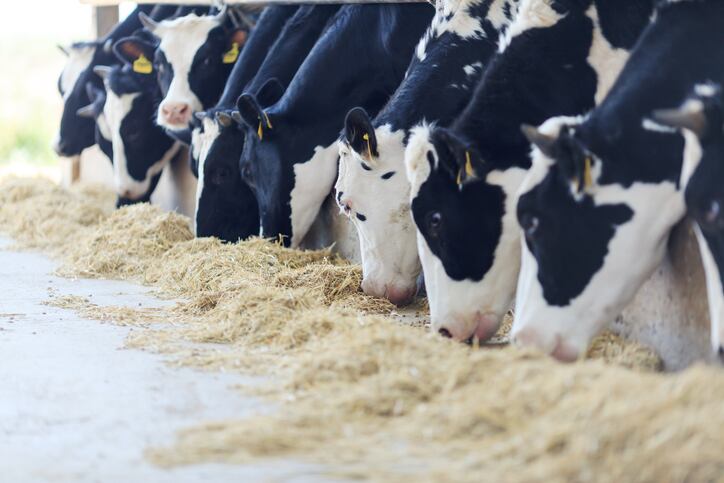
DSM is joining forces with Arla on a pilot to test its additive aimed at methane emissions reduction, Bovaer, in 10,000 dairy cows across three European countries.